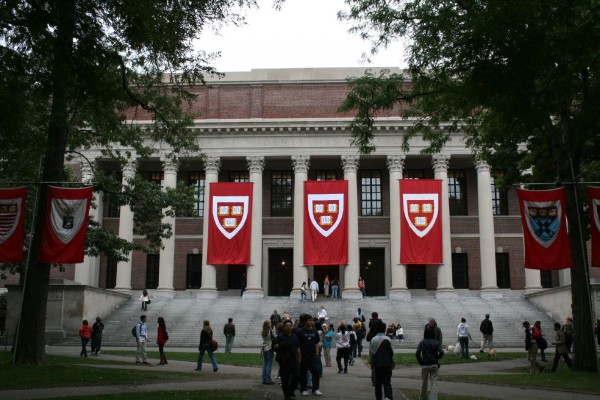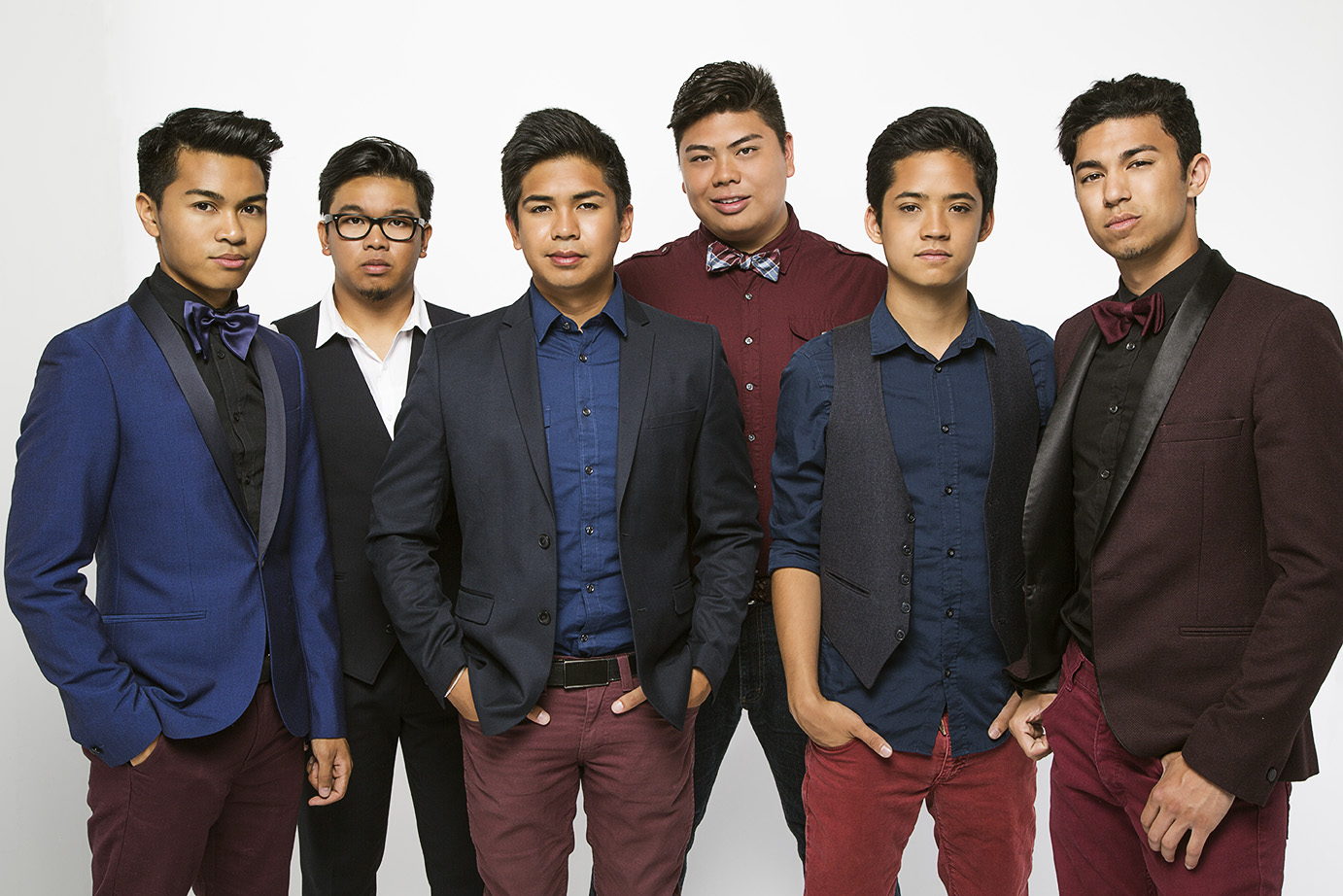by COURTNEY LEE
courtney@charactermedia.com
A coalition of 64 Asian American associations filed a complaint Friday against Harvard University, alleging that the school discriminates against Asian American students by setting a higher bar in its admissions process than for other groups.
The coalition, which includes Chinese, Korean, Indian and Pakistani American associations nationwide, accuses Harvard of unlawfully rejecting Asian American applicants based on race despite their “almost perfect SAT scores,” “top 1% GPAs” and extracurricular activities. Citing numerous publications and evidence gathered from a similar lawsuit last November, the group claims that the university is just one of several elite institutions that systematically discriminates against Asian American students.
The complaint was filed with the U.S. Department of Education and U.S Department of Justice, and requests an investigation.
In a statement, Harvard General Counsel Robert Iuliano defended the university’s use of race as part of a “holistic admissions process” that attempts to “build a diverse class.”
“We will vigorously defend the right of Harvard, and other universities, to continue to seek the educational benefits that come from a class that is diverse on multiple dimensions,” he said.
Iuliano added that Harvard “has demonstrated a strong record of recruiting and admitting Asian American students,” citing an increase in admitted Asian American students from 17.6 percent to 21 percent over the past decade.
Although the DOE’s Office of Civil Rights found that legacy preference, not racial bias, put Asian American applicants at a disadvantage during a 1990 investigation—and determined as recently as last year that the university was compliant with federal law in its admissions process—the coalition is pressing the issue again in light of “overwhelming new evidence” and studies.
One of the findings detailed in the 50-page complaint is a 2009 study by sociologists Thomas Espenshade and Alexandria Radford, which determined that Asian Americans needed SAT scores that were 140 points higher than their Caucasian counterparts to get into elite schools. Furthermore, the analysis showed that Asians have the lowest admission rate among whites, blacks and Hispanics in the same SAT score bracket; it is estimated that Asians have a 67 percent lower chance of admissions than white applicants with similar test scores.
The complaint also refers to a 2012 article by Ron Unz, which noted that the largely constant number of Asian students at elite colleges post-1993 fails to match the fast pace at which the Asian American population in the U.S. is growing. The Unz study found that the Asian American community is the fastest-growing segment of any American racial group, almost doubling within the last decade, while “Asian American academic achievement trends were rising at an impressive pace,” according to the complaint.
___







